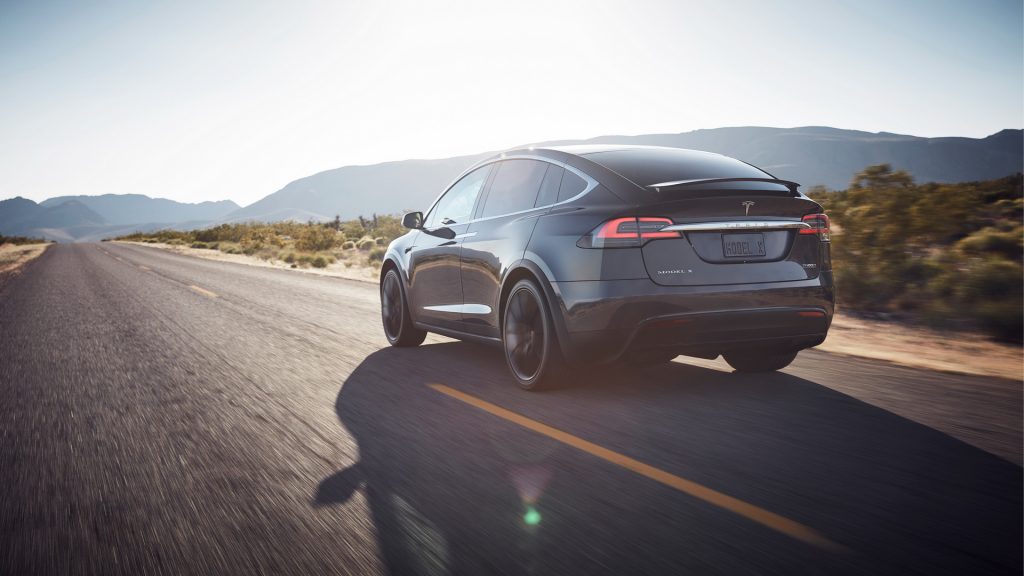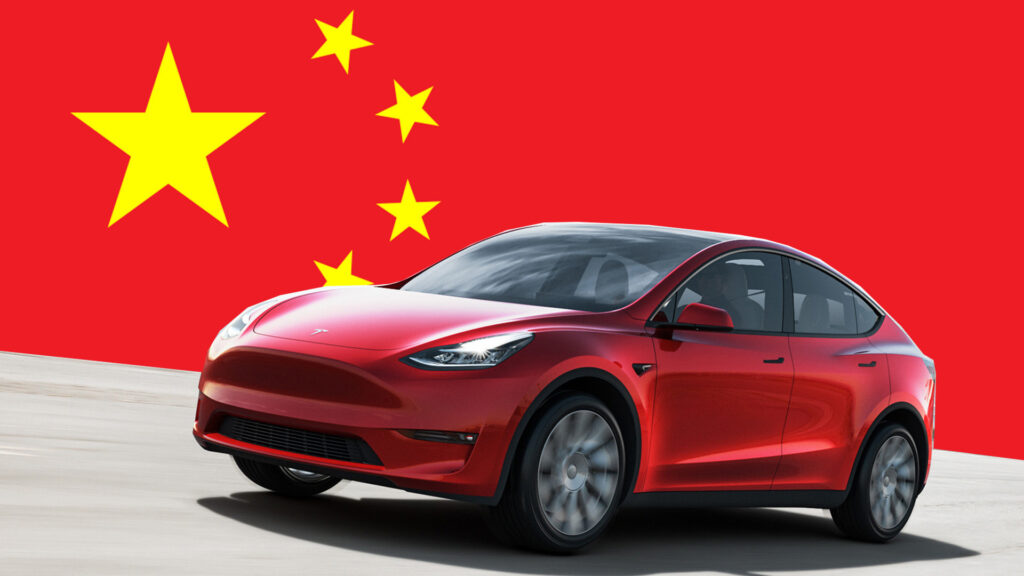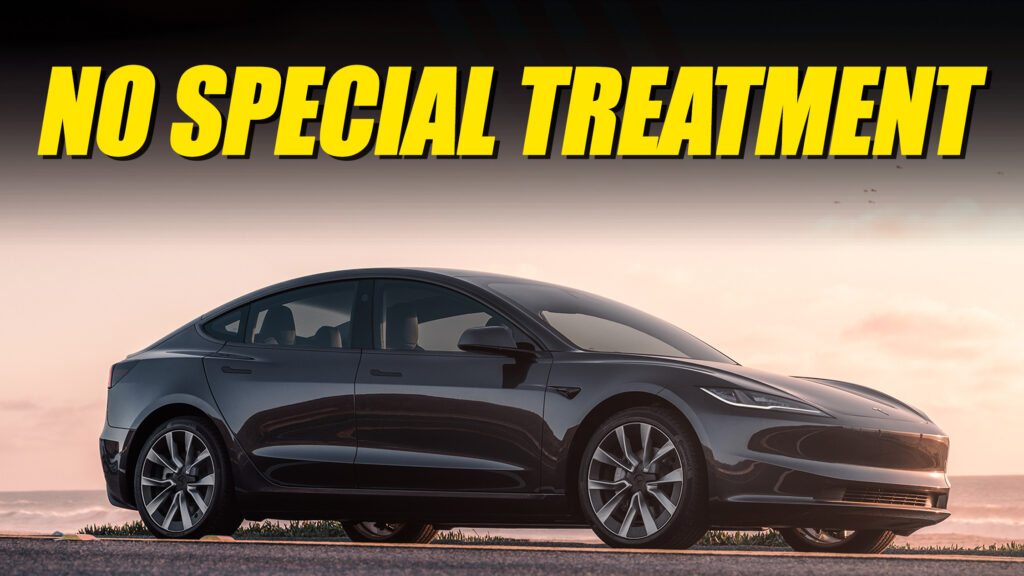- The carmaker asked for a similar 9% tariff that it has been hit with in Europe.
- Many Model 3 and Model Y vehicles sold in Canada are imported from China.
- Canada will also hit Chinese steel and aluminum with a 25% surtax.
Tesla unsuccessfully tried to convince the Canadian government to lower tariffs on the Chinese-made EVs that it imports into the country. Instead, authorities have hit Tesla models with the same 100% surtax as every other EV shipped from China.
Canada’s Department of Finance confirmed earlier this week that from October 1, the import tariff on Chinese EVs will rise from the current 6.1% to 106.1%. This is to fight what it considers as “unfair, non-market policies and practices,”and China’s “intentional, state-directed policy of overcapacity.” The launch of the new surtax comes several months after the U.S. also jacked up import tariffs on Chinese EVs from 25% to 100%.
Read: Canada To Slap 100% Surtax On Chinese EVs
The world’s largest producer of EVs, Tesla, reportedly approached Canada before the announcement and asked for a similar 9% tariff to what has been imposed on it in the European Union. It’s unclear how officials responded to this request, but Canada’s Finance Minister, Chrystia Freeland, declined to address specific talks had with Tesla, reports Reuters.
Tesla exports both Chinese-made Model 3 and Model Y vehicles to Canada. However, it doesn’t publicize what proportion of Canadian Teslas come from China and how many are imported from plants in the United States. The new tariffs may prompt the EV juggernaut to begin selling more of its U.S.-built vehicles in the Great White North.

Like the United States, Canada’s investigation into Chinese EVs analyzed subsidies, industrial over-capacity, non-market policies, and environmental and labor standards.
Canada has also announced plans for a 25% surtax on imports of steel and aluminum products from China starting October 15. Additional tariffs on critical minerals, batteries and battery components, semiconductors, and solar products, could be announced at a later date. Local officials also plan to limit zero emission vehicle incentives to products made in countries that Canada has free trade agreements with.




